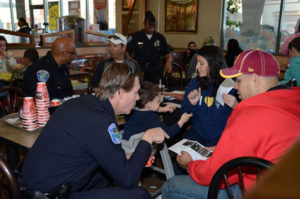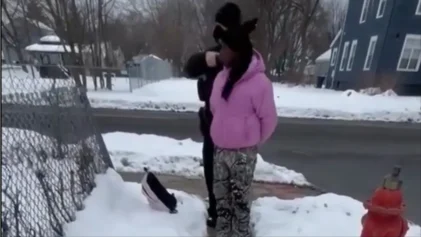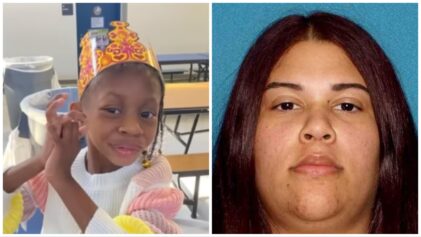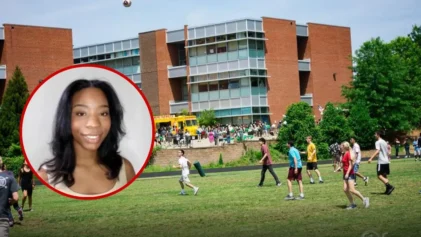
Capt. Keith Kauffman and Sgt. Chris Cognac of the Hawthorne, Calif. police department are traveling around the country teaching police how to change their interaction with the community over a cup of coffee. They came up with Coffee with a Cop in 2011 to bring down the level of animosity.
“We keep the concept bare bones, minimum, simple. No agenda. Go in and talk to people,” Capt. Keith Kauffman told CBS News.
“A cup of coffee is a common bond. It tells people, ‘I’m here breaking bread, drinking coffee with you, I’m sitting down on the same level as you,'” Cognac said. “And what do people do when they drink coffee? They talk.”
Funded by a division of the federal Dept. of Justice, the Coffee with a Cop program exists in 650 law enforcement agencies in 47 states, according to CBS.
It is a depressing indicator of how wide the gap has grown between the police and the communities they serve that the federal government has to pay for a program to teach cops how to talk to people—particularly in an era in which many departments hailed the advent of “community policing,” which was supposed to feature police doing more interacting with the community.
There have been many polls displaying the distrust between both sides, including a recent CBS News poll showing 22 percent of Americans said their local cops make them feel anxious. For Black people, the number was nearly double.
CBS watched the program in action in Charleston, South Carolina, where Kauffman and Cognac oversaw a teaching session that included 50 cops from five states.
“We drive from call to call in a cocoon, which is a police car. There are days when officers will handle 20-to-30 911 calls in one shift,” Cognac said. “There’s not a lot of downtime to connect and talk to people at your local mini-mart and get that Norman Rockwell moment.”
Charleston resident Orella Calvary told CBS, “I think a lot of people are afraid. Talking to them makes them a little more human. They’re people just like you and I.”
Cognac said it’s usually the cops who are a bit scared at first.
“Sometimes they’re not used to just communicating other than ‘license and registration’ type of business,” Cognac said. “We talk about football and baseball and little league and so the cops see the people and the people see the cops as neighbors, and stakeholders in the same community.”
“I think that’s what has created a lot of animosity between the police and the community and different perspectives,”Charleston’s police chief Gregory Mullen said. “We just don’t take the time to talk to people.”


